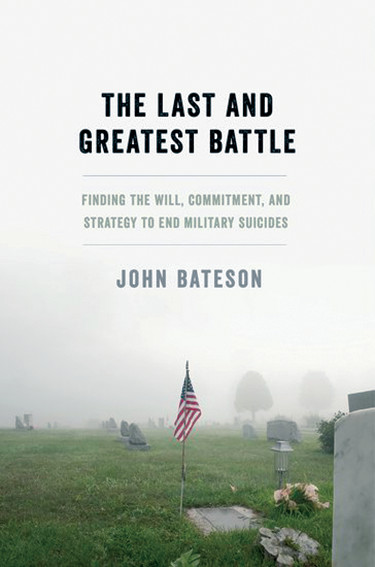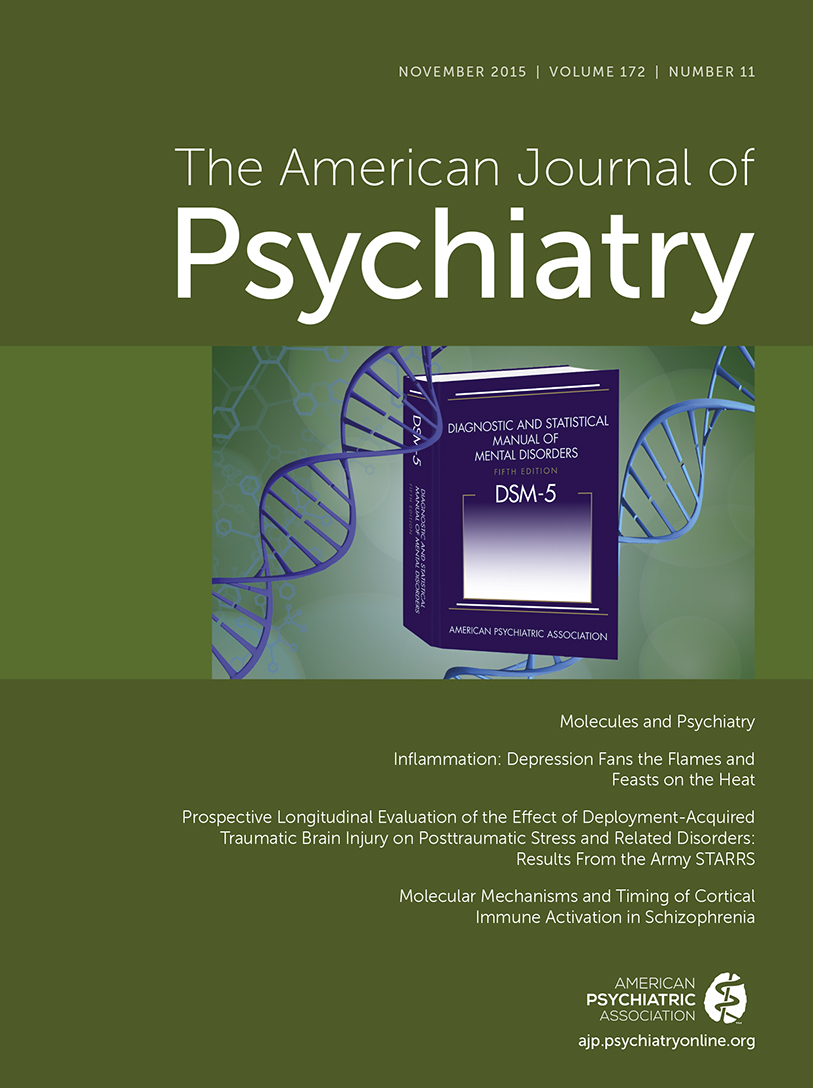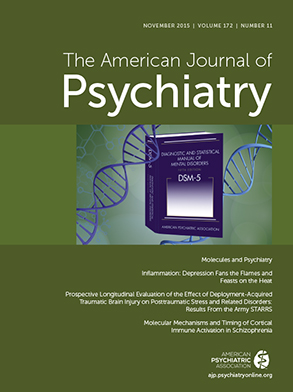John Bateson’s latest book, The Last and Greatest Battle: Finding the Will, Commitment, and Strategy to End Military Suicides, offers a compelling and, at times, troubling review of the challenge of military suicide. The book is the first to take on the problem in exclusive and comprehensive fashion. Despite increased media attention over the last decade of war in Iraq and Afghanistan, public pronouncements from the Department of Defense, scientific review groups, and tens of millions of dollars, little substantive progress has been made when it comes to the most important aspect of this tragic problem: saving the lives of our soldiers. Bateson’s book is a step in the right direction.
In addition to offering a thorough review of the literature, including what we know and what we do not, Bateson skillfully incorporates the personal stories of soldiers in an effort to enrich our understanding, amplify the challenges, motivate the clinician, and bring hope to the forefront. Bateson helps the reader understand the destructive power of posttrauma symptoms, how shame and stigma complicate motivation for care, and how military culture and the warrior identity add fuel to feelings of self-loathing, personal failure, perceived burdensomeness, and ultimately hopelessness.
In a particularly important chapter, Bateson explores the unanticipated consequences of nationalism and the reality of having such a small percentage of the general population making the choice to serve in an all-volunteer military. There is little argument that we ask a remarkable amount from the men and women in uniform. Bateson helps us understand that we may be asking too much. One conclusion is undeniable: a solution requires a broad array of interventions, including both clinical and nonclinical ones.
The book culminates in discussion of a path forward, with Bateson offering an array of thoughts on targeting stigma, improving interpersonal connectedness, delivering clinical care effectively, improving policies that lack common sense and often inhibit the delivery of needed services, and reining in risk factors among those in military service. Overall, I found the book an excellent review of the problem. It can certainly serve as a single source for improving understanding of the social, clinical, and bureaucratic challenges that have emerged around military suicide. Although I believe Bateson is on target with his recommendations for the future, the field currently lacks an adequate empirical foundation to drive clinical care for military populations. However, there is certainly reason to be optimistic. The last decade has witnessed unprecedented investment in clinical science with many studies offering the very empirical foundation needed.
While Bateson helps us understand the challenge is substantial, he deftly shares stories of sacrifice, commitment, and tragedy that have shaped this story for more than a decade. One thing is clear: we all should make an effort to better understand the problem, work to reduce the profound influence of stigma, and improve our clinical skills in working with servicemembers struggling with thoughts of suicide.


